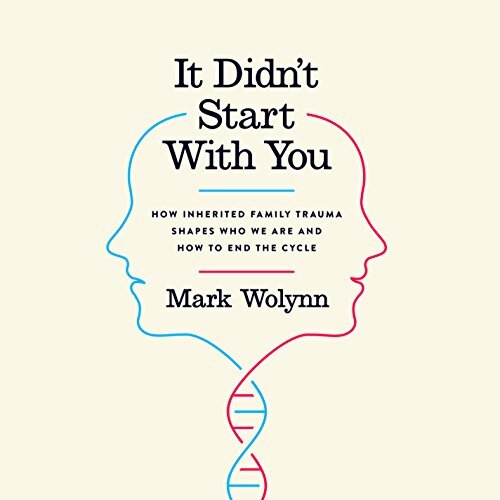“We read to know we are not alone.”
Further Reading
As some people begin to explore themselves and their needs, they can find it helpful to have something to read which makes them think “ah ha, that’s a bit like me” or “I wonder if that’s what’s going on”. That was certainly true of me. If so, here are a few suggestions, in no particular order and with no agenda beyond possibly being of interest, whether you come and see me or not.
The Day That Went Missing -
a FAMILY TRAGEDY
(Richard Beard)
A gripping and moving memoir about the accidental death of the author’s 9 year-old brother on a family holiday in Cornwall in 1978. For almost forty years this tragedy was never spoken of. Beard tells the story of how he began to piece together the details of what he and his family remember, and why they handled it in the way they did. It’s a book about family secrets, and the lengths families can go, for many reasons, to avoid traumatic memories.
the social animal
(DAVID BROOKS)
The New York Times journalist has written a book which is a hybrid: part novel, part socio-psychological outline of the human life. Each chapter tells another stage in a prototypical life story (birth, childhood, adolescence, adulthood, college, jobs, relationships, divorce, retirement, illness, death) but is divided into two: the first half tells the story and then the second half sets that story in the context of the sociological or psychological processes at work. Widely researched and fluidly written, it was the best and most useful book I read in the early stages of my training.
Love’s Executioner and Other Tales of Psychotherapy
(Irwin Yalom)
A beautifully-written set of case histories in which this famous psychotherapist tells ten stories of clients he has worked with, his relationship with them and the challenges they faced together in their work. There are many books like this, but this is as good as any I’ve read in giving a sense of the complexity of life for clients and the challenge of helping them experienced by therapists.
WHEN I HAD A LITTLE SISTER
(CATHERINE SIMPSON)
An absorbing and painstaking excavation of the author’s family history in the wake of her sister’s suicide and the discovery of her diaries. This wonderful book - at times life-affirming and heart-warming as well as sad and mysterious - reminds us how little we can ever really know about what goes on inside the minds of those we know and love, and what a legacy loss leaves. Beautifully written and constructed, this is a riveting analysis of two members of a family with seemingly such similar beginnings but two such divergent life stories.
IT DIDN’T START WITH YOU
(MARK WOLYNN)
This is a mind-blower of a book. Based on the work of leading experts in neuro-science and PTSD, this book is partly a psychological study and partly a self-help book. It’s main point is that the stresses and challenges we find in life are very often rooted very specifically yet very opaquely in the experiences of our forebears. By following the steps he has advocated we can see how our core beliefs may directly correspond with the lived experiences of our parents or grandparents, thus offering the chance to release ourselves from the barriers which stop our progress. It’s a life-changing book and a surprisingly brisk and easy read which I could not recommend more highly.
LIVING BETTER
HOW I LEARNED TO SURVIVE DEPRESSION
(ALASTAIR CAMPBELL)
The journalist, New Labour spin-doctor and diarist (a long-standing advocate for mental health) has written a book which is his most practical and also, counter-intuitively, his most personal. While his diaries evocatively record his thoughts and feelings over a twenty year period in and out of public life, they inevitably focus more on the narrative than on the processes underpinning it. Here Campbell compellingly uses his personal mental health struggles (including alcohol-dependency, a nervous breakdown and a lifetime with depression) as a means to understand mental health processes both in the general and specific realms. This includes a fascinating dig through the complex mental health background of his family, and some insight into his children’s contemporary challenges. It is essentially a deepened and expanded version of his BBC documentary Depression and Me but it is a highly-readable introduction to anyone wanting to understand mental health as a topic or, perhaps more so, those who seek to understand their own.
“If you feel pain you’re alive.
If you feel other people’s pain you’re a human being.”







